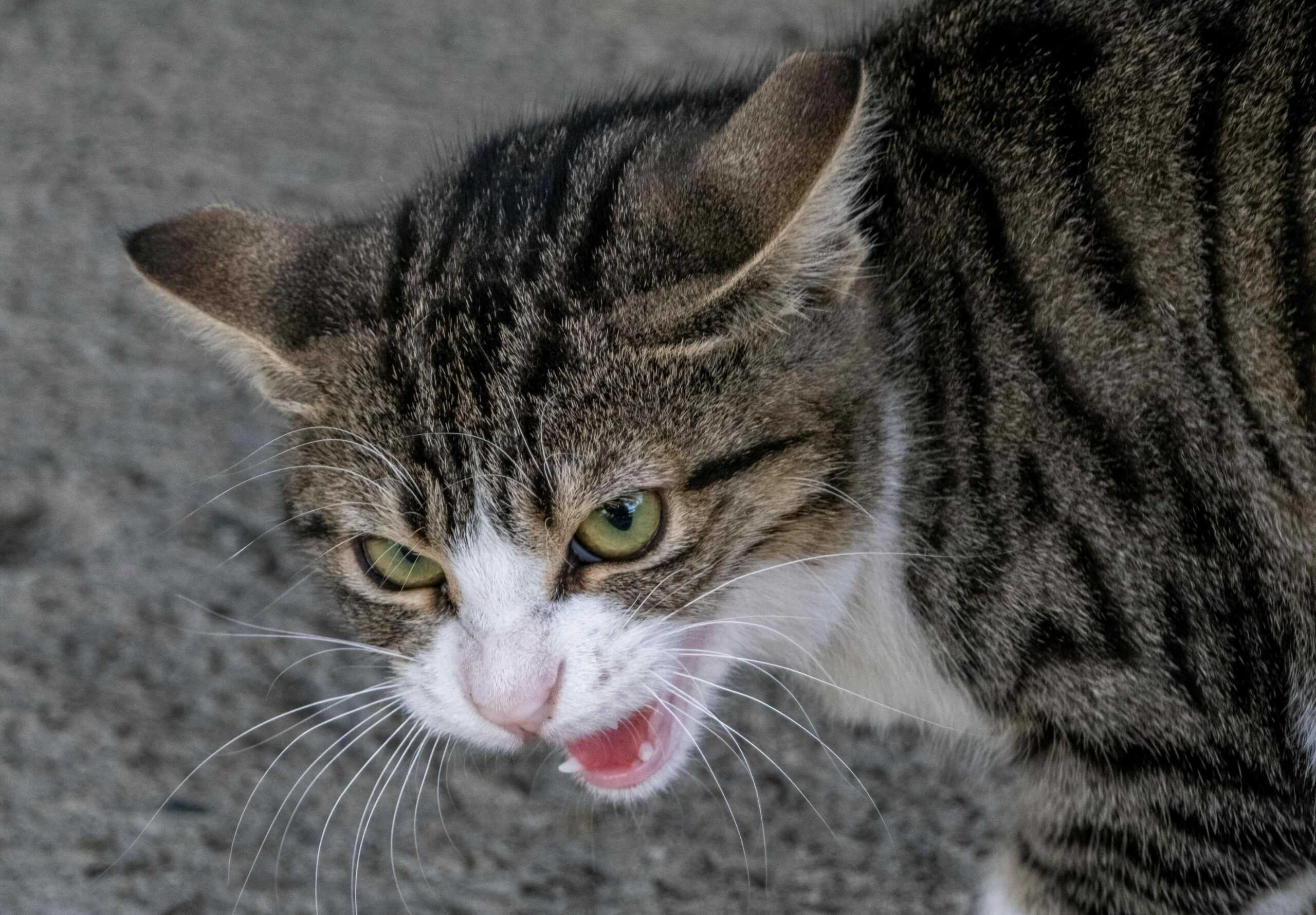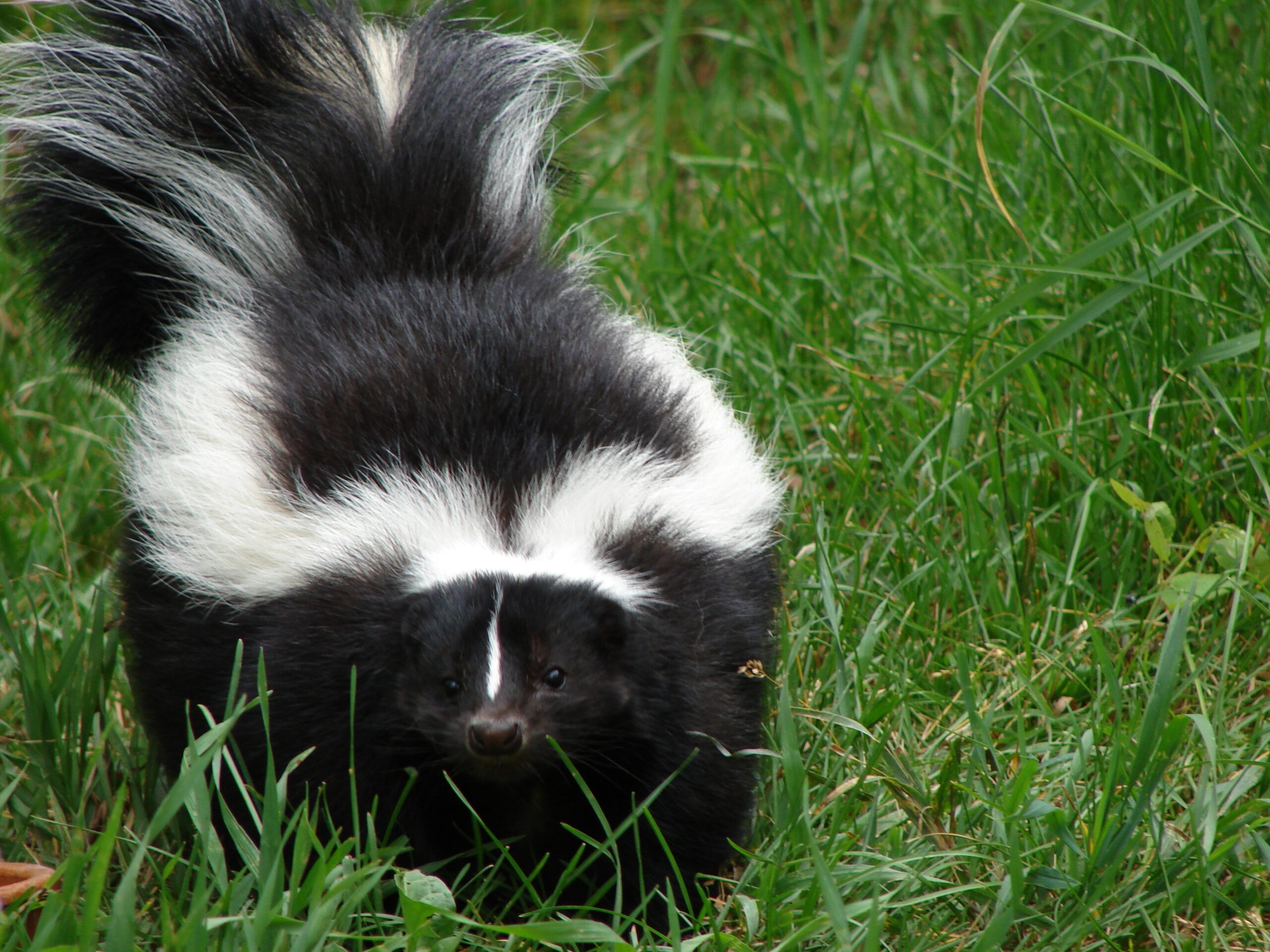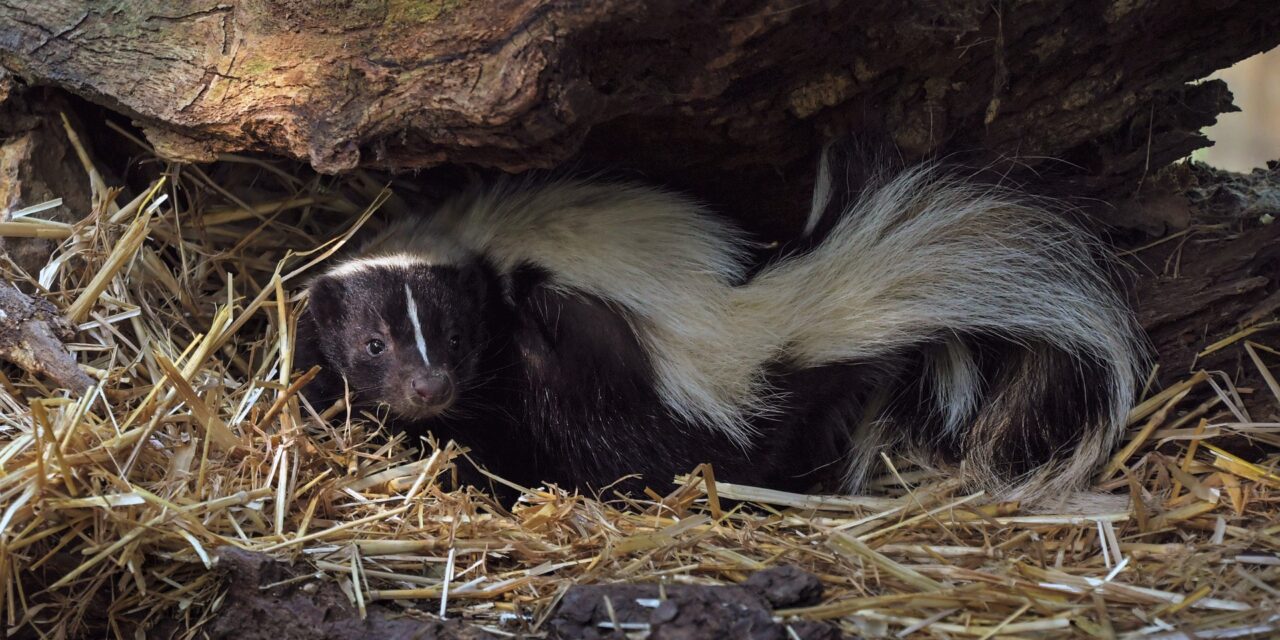Orange County Animal Services has reported its third rabies case of the year following an incident in Hillsborough.
On December 5, a Hillsborough resident discovered a skunk in an outdoor enclosure with his dog. After unsuccessful attempts to scare the skunk away, he killed the skunk and called Animal Control. Animal Control arrived and removed the skunk for rabies testing. Results came back positive according to the North Carolina State Laboratory of Public Health.
Orange County Animal Services (OCAS) said because the dog had a current vaccination it was able to receive a rabies booster shot within the required window. When there is “a reasonable suspicion of exposure,” a dog, cat, or ferret with a valid vaccination history must receive a booster shot within four days. An unvaccinated cat or dog must either be euthanized or quarantined for a period up to four months.
Because the Hillsborough resident had direct contact with his dog after possible exposure to the skunk, a Communicable Disease Nurse from the Orange County Health Department is in contact with him to evaluate the risk of rabies exposure.
OCAS advises residents to make sure pets are up to date on their rabies vaccinations as rabies is a fatal viral infection. Per North Carolina law, dogs, cats and ferrets older than four months must have a current and valid rabies vaccination at all times.
Rabies can be transmitted through secondary saliva exposure when handling an animal, so OCAS said do not touch your pet without gloves if it has had any possible exposure to a rabies vector. Common North Carolina rabies vectors include bats, raccoons, and foxes.
Orange County recorded a total of eight positive rabies cases last year and six the year before. Most recently, the last rabies case in the county was identified in October of 2021.
Chapelboro.com does not charge subscription fees. You can support local journalism and our mission to serve the community. Contribute today – every single dollar matters.
Related Stories
‹

Orange County Reports Positive Rabies Test on Raccoon in HillsboroughOrange County Animal Services has reported a positive rabies test on a deceased raccoon found in Hillsborough. On February 3, animal control received a call from a resident reporting their dog coming into contact with the raccoon near Joseph Road, located north of downtown Hillsborough off of Walnut Grove Church Road. The raccoon was retrieved […]

Positive Rabies Test Reported on Raccoon in Carrboro, Orange County's 8th in 2024Orange County Animal Services announced a positive rabies test for a raccoon in Carrboro on Tuesday morning. OCAS reports the case originated on Dec. 23 in an altercation involving the raccoon and a group of dogs outdoors near Lilac Drive. Animal services removed the raccoon for testing and discovered rabies. This is the third reported […]

Rabid Bat Reported Near Cedar Ridge High School in HillsboroughOrange County Animal Services has reported a positive rabies test on a bat found in Hillsborough. A release from OCAS says the incident occurred on Thursday, November 7 near the intersection of Arbor Lane and New Grady Brown School Road, just west of Cedar Ridge High School. According to the release, a person came into […]

Positive Rabies Tests from Stray Cats Mark 6th and 7th in Orange County for 2024Orange County Animal Services received its sixth positive rabies case of the year on Monday, this time stemming from an outdoor cat.

Positive Rabies Test Reported on Skunk in Hillsborough; 5th This YearOrange County Animal Services has announced a positive rabies test on a skunk in Hillsborough. According to a release from OCAS, an altercation involving the skunk and multiple people occurred in the vicinity of Orange Grove Road and New Grady Brown School Road, next to Interstate 40 and Cedar Ridge High School, on September 25. […]

Positive Rabies Test Reported on Skunk in HillsboroughOrange County Animal Services has announced a positive rabies test on a skunk in Hillsborough. According to a release from OCAS, the incident involving the skunk and a dog in an outdoor enclosure occurred in the vicinity of North Carolina Highway 57 and Walker Road, north of downtown Hillsborough, on September 11. The skunk was […]

Positive Rabies Test Reported on Fox in CarrboroOrange County Animal Services has announced a positive rabies test on a fox in Carrboro. According to a release from OCAS, the incident involving the fox and a person occurred in the vicinity of Davie Road and Fidelity Street on September 2. The fox was then removed for rabies testing. This is the third positive […]

Positive Rabies Test Reported on Raccoon in HillsboroughOrange County Animal Services announced a positive rabies test for a raccoon in Hillsborough on Wednesday afternoon. OCAS reports the case originated on Tuesday in an altercation involving the raccoon, a person and two dogs outdoors on Shirley Lane, near the intersection of Pleasant Green Road and St Marys Road. Animal services removed the raccoon […]

Orange County Reports First Rabies Case of 2024, Citing Raccoon in Chapel HillOrange County has received its first report of a positive case of rabies in 2024: a raccoon near Southern Village in Chapel Hill.

Rabid Skunk Marks Seventh Case in Orange County For 2023Orange County Animal Services reported its second positive rabies case in the span of two weeks on Tuesday, this time from a skunk. A release from the department said the case stems from an incident on Friday, December 15 near Cole Mill Road and Umstead Road — which is close to the Orange County line […]
›







